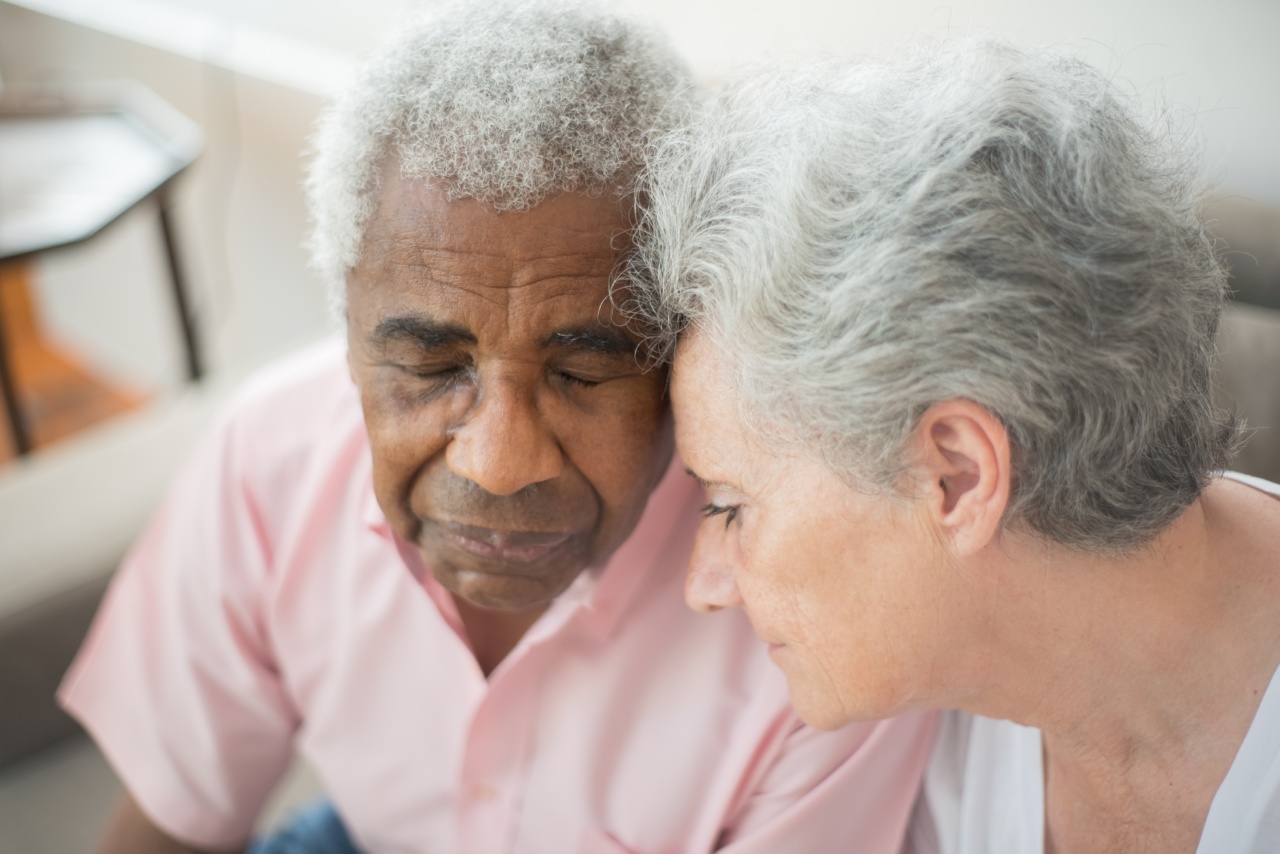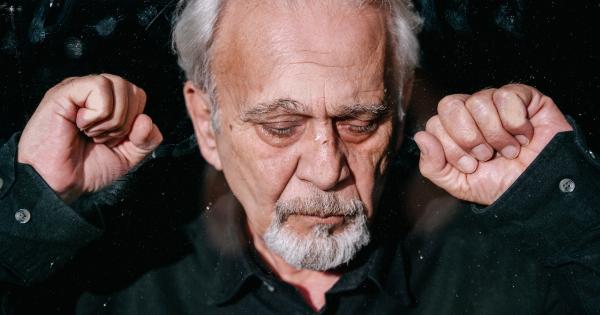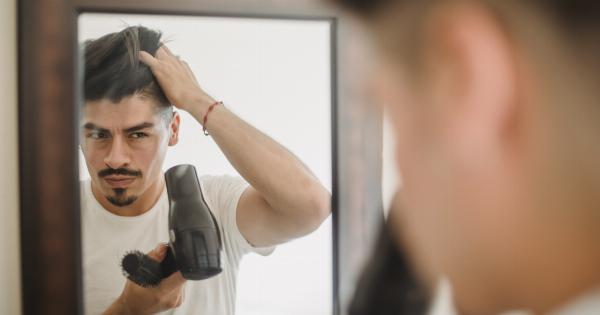Aging and hair loss are natural processes that both men and women experience at some point in their lives. While the aging process is inevitable, hair loss can be caused by a variety of factors, including genetics, stress, and medical conditions.
In this visual guide, we will explore the reasons behind aging and hair loss in both men and women.
Reasons Behind Aging
Aging is a natural process that occurs as we get older. As we age, our bodies undergo a variety of changes, including a decrease in hormone production, a decline in cell growth and repair, and a loss of elasticity in the skin.
Here are some of the reasons behind aging:.
1. Genetics
Genetics play a significant role in aging. Some people may be predisposed to age faster than others due to their genes.
For example, some people may have a genetic mutation that causes them to age faster, while others may be genetically predisposed to live longer.
2. Lifestyle Choices
Lifestyle choices also play a significant role in how our bodies age. Some lifestyle choices, such as eating a healthy diet, exercising regularly, reducing stress, and staying out of the sun, can help slow down the aging process.
On the other hand, unhealthy lifestyle choices, such as smoking, drinking excessive amounts of alcohol, and overexposure to the sun, can speed up the aging process.
3. Hormones
Hormones are chemical messengers that regulate many of the body’s functions, including growth and development, metabolism, and reproduction.
As we age, hormone production decreases, which can lead to a variety of age-related symptoms, such as loss of bone mass, decreased muscle mass, and changes in skin texture.
4. Cellular Damage
Cellular damage is a natural part of the aging process. As we age, our cells become less efficient at repairing damage caused by free radicals, which are unstable atoms that can damage cells and cause them to age faster.
Over time, this damage can accumulate and contribute to age-related diseases, such as cancer, heart disease, and Alzheimer’s disease.
Reasons Behind Hair Loss in Men
Hair loss is a common condition that affects millions of men worldwide. Hair loss in men can be caused by a variety of factors, including genetics, hormones, and medical conditions. Here are some of the reasons behind hair loss in men:.
1. Genetics
Genetics is the most common cause of hair loss in men. Male pattern baldness, also known as androgenetic alopecia, is a hereditary condition that affects up to 80% of men by the age of 80.
Male pattern baldness is caused by a combination of genetic and hormonal factors and can result in a receding hairline and thinning hair on the crown of the head.
2. Hormones
Hormones play a significant role in hair loss in men. Androgens, which are male hormones, can cause hair follicles to shrink and produce shorter, thinner hair. This process, known as miniaturization, can eventually lead to hair loss.
The most common androgen associated with hair loss in men is dihydrotestosterone (DHT).
3. Medical Conditions
Medical conditions can also contribute to hair loss in men. Conditions such as thyroid disease, scalp infections, and autoimmune disorders can cause hair loss. In addition, certain medications, such as chemotherapy drugs, can cause temporary hair loss.
Reasons Behind Hair Loss in Women
Hair loss is not just a problem for men. Women can also experience hair loss, although the causes are often different from those in men. Hair loss in women can be caused by a variety of factors, including genetics, hormones, and medical conditions.
Here are some of the reasons behind hair loss in women:.
1. Genetics
Genetics can also play a role in hair loss in women. Female pattern baldness, also known as androgenetic alopecia, is a hereditary condition that can affect women as well as men.
Female pattern baldness typically causes thinning of the hair on the top of the head rather than the receding hairline seen in men.
2. Hormones
Hormones can also cause hair loss in women. Hormonal changes during pregnancy, menopause, and other times of life can cause temporary or permanent hair loss.
In addition, hormonal imbalances, such as polycystic ovary syndrome (PCOS), can cause hair loss in women.
3. Medical Conditions
Medical conditions can also contribute to hair loss in women. Conditions such as thyroid disease, anemia, and autoimmune disorders can cause hair loss.
In addition, certain medications, such as blood thinners and antidepressants, can also cause temporary hair loss in women.
Conclusion
Aging and hair loss are natural processes that affect both men and women. While the aging process is inevitable, there are steps that can be taken to slow down the process and maintain a healthy appearance.
Hair loss can be caused by a variety of factors and can be treated or managed depending on the underlying cause. By understanding the reasons behind aging and hair loss, we can take steps to slow down these processes and maintain a healthy, youthful appearance.
























